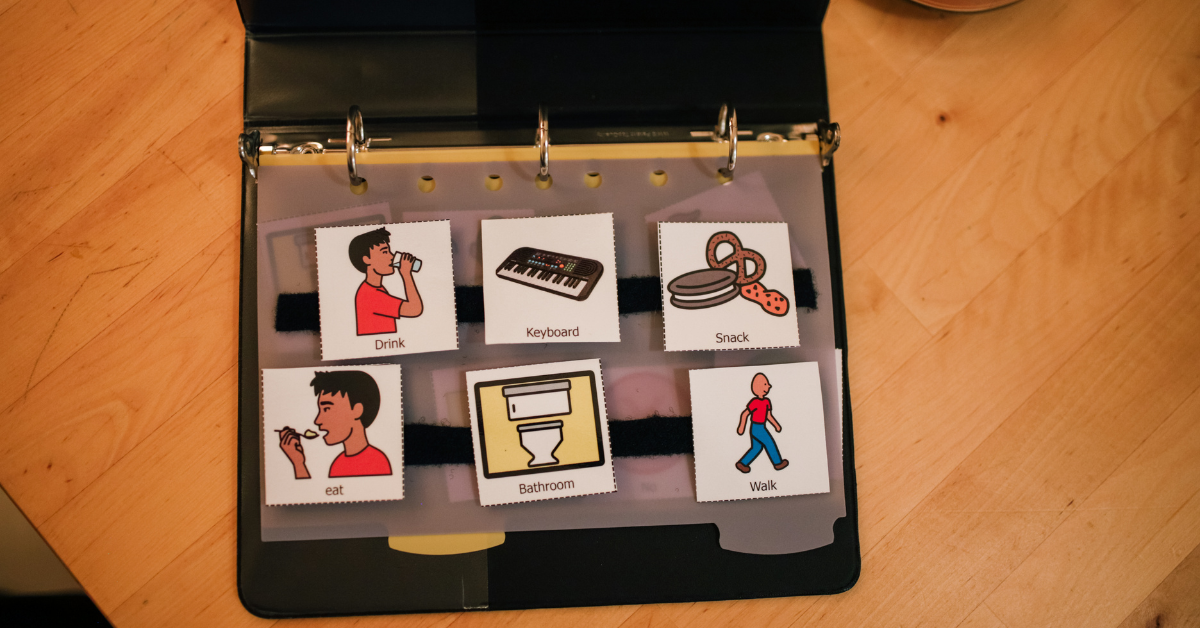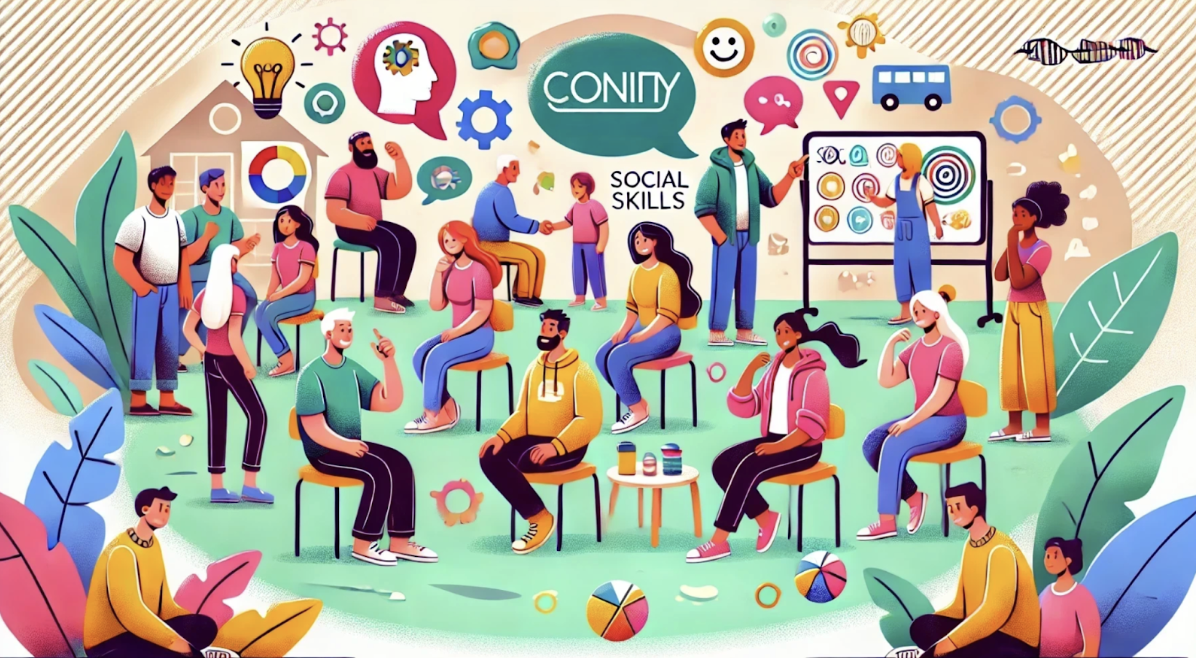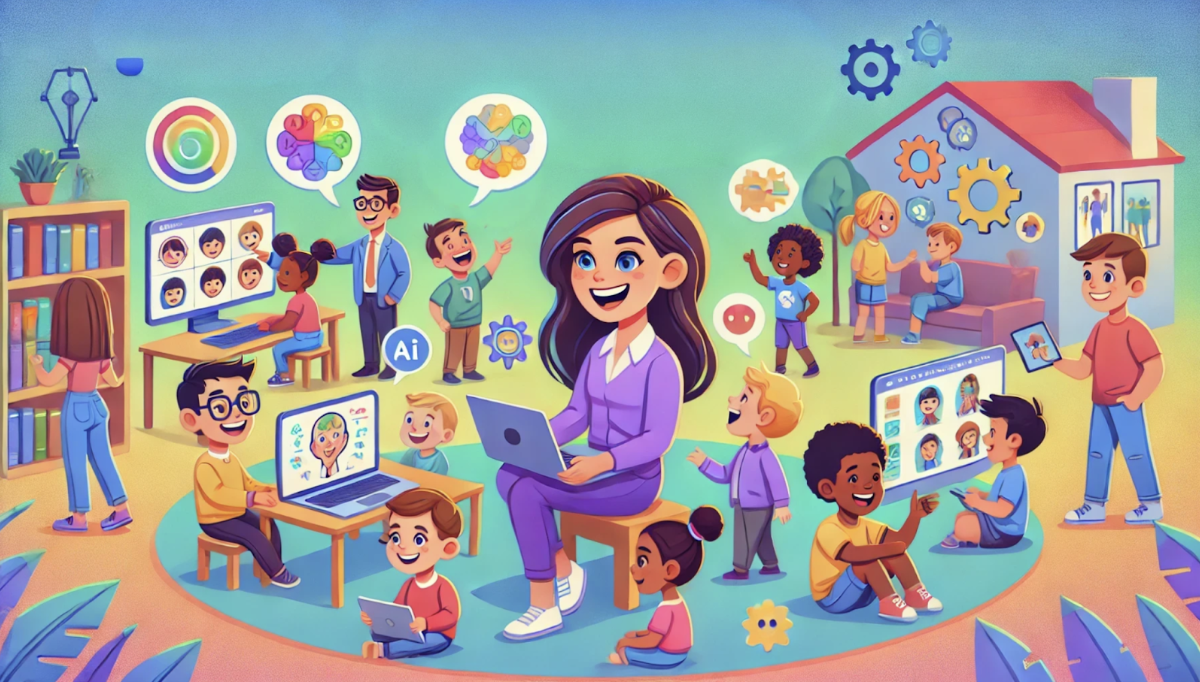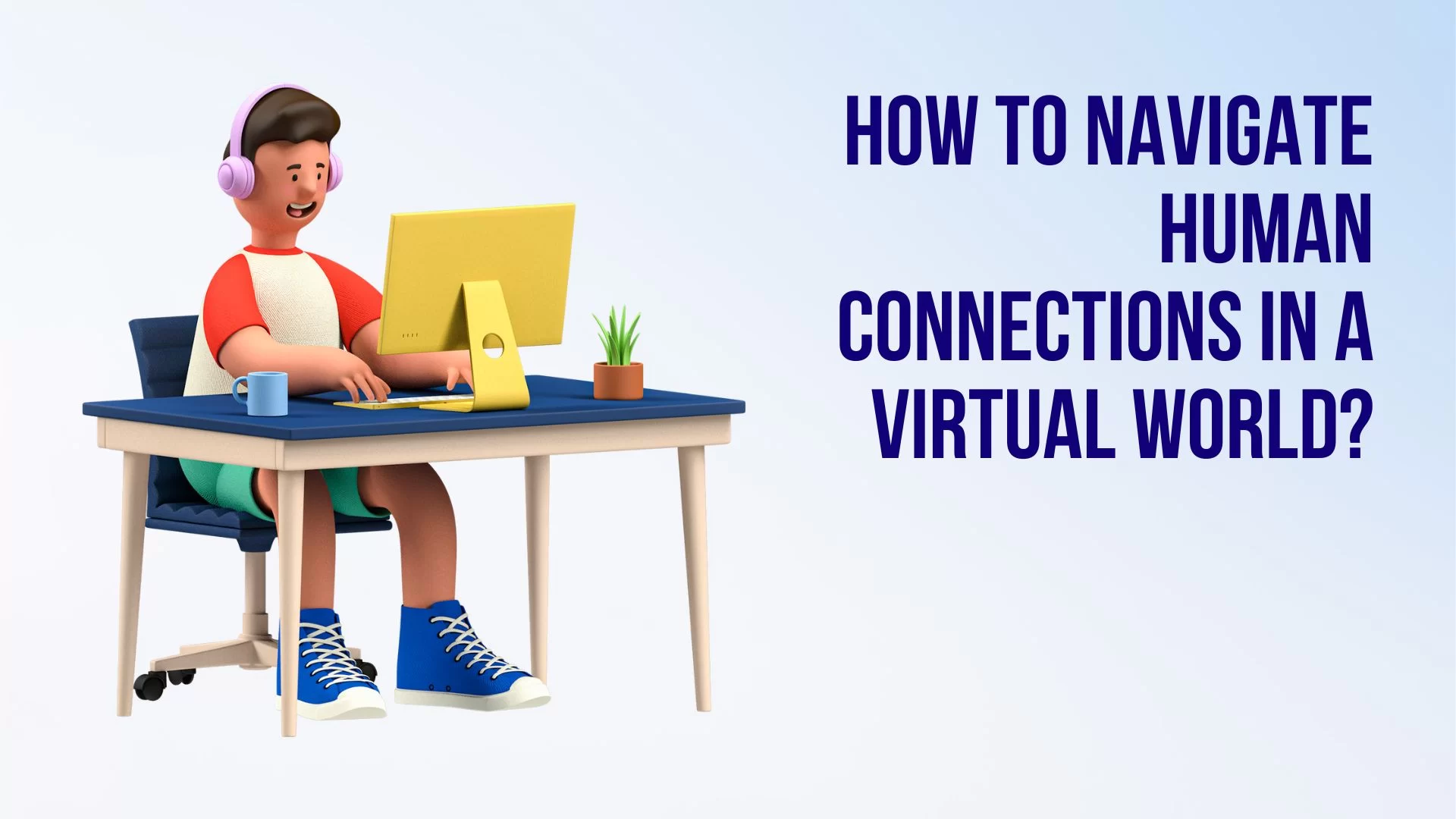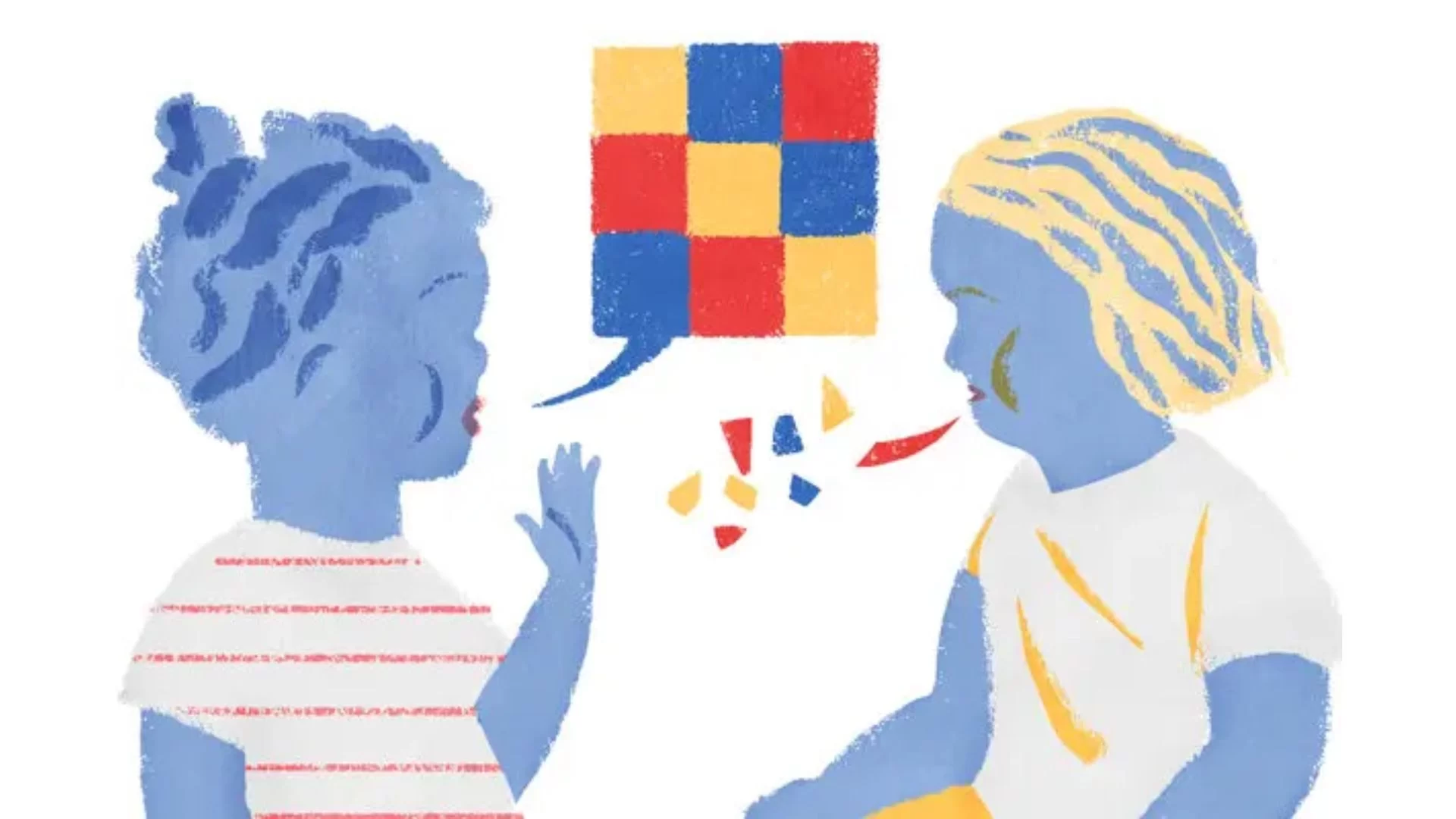Latest Posts
-

Exceptional social skills of people with autism: discovering their potential
Autism is a neurodevelopmental disorder that can affect the way individuals interact socially. Despite the difficulties that may exist, people with autism often have unique skills and talents that can be discovered and developed. In this article, we will focus on the unique social skills of people with autism, as well as ways to support…
-

Developing social skills in children – why is it important?
Social skills are fundamental to everyone’s functioning in society. Children with autism often struggle with challenges in communicating and behaving in various situations. Developing these skills from an early age is crucial for their future lives. Social skills include a range of abilities such as empathy, verbal and non-verbal communication, group cooperation and conflict resolution.
-

Social skills training for adults with autism: practical tips and tools
Autism, especially Asperger’s syndrome, is often associated with difficulties in establishing and maintaining social relationships. Social skills training is one of the most effective methods for supporting adults with autism spectrum disorders. In this article, we will discuss what social skills training is, what the classes are like, what benefits it brings, and for whom…
-

When to enroll a child in a social skills development group?
The development of social skills in children is crucial to their future functioning both personally and professionally. You should consider enrolling your child in a social skills development group if you notice that he or she is having difficulty relating to peers, communicating or coping with various social situations. Such groups can be especially useful…
-

Social Skills in the Digital Age: Navigating Human Connections in a Virtual World
In this digital era, the way we communicate and connect with others has undergone a profound transformation. Social skills, once primarily associated with face-to-face interactions, now encompass a broader spectrum of abilities that extend to the virtual realm. In this blog post, we delve into the changing landscape of human connection, examining the challenges and…
-

The Cognitive Science Behind Creativity: Unleashing Your Innovative Potential
Creativity is a powerful force that drives innovation, sparks imagination, and enhances problem-solving abilities. Whether you’re an artist, entrepreneur, or simply someone seeking to tap into their creative potential, understanding the cognitive science behind creativity can help unlock new levels of innovative thinking. We will explore the fascinating connection between cognition and creativity, and provide…
-

The Power of Empathy: Understanding the Science behind Compassion
In today’s fast-paced and interconnected world, where technology dominates our lives, it’s easy to overlook the fundamental power of empathy and compassion. Yet, these qualities have the potential to transform lives, build stronger communities, and even shape the future of humanity. In this article, we delve into the science behind compassion and explore its profound…
-

Side Effects of Covid-19: The Lost Art of Smiling in Japan
In Japan, the mask-wearing regime during the Covid-19 pandemic has been incredibly strict. For over three years, all residents have been required to wear masks, and even today, around 30% of the population continues to wear them. While masks have proven effective in preventing the spread of the virus, they have unintentionally led to a…
-

Social Skills in Different Countries: Understanding Cultural Differences
Social skills are an essential aspect of our daily lives, but what may be considered acceptable social behavior in one country may not be in another. In today’s interconnected world, it’s important to understand the cultural differences that impact social skills. In this blog post, we will explore how social skills vary across different countries…
-

The Cognity and Warsaw Theatre Academy: A Collaboration to Improve AI Models
At The Cognity, we’re always on the lookout for new ways to improve our AI models and enhance the user experience of our application. So when the opportunity arose to collaborate with the talented students of Warsaw Theatre Academy, we jumped at the chance.
-

5 Fascinating Facts You Didn’t Know About Autism
Autism is a neurological condition that affects individuals in a variety of ways. It’s estimated that around 1 in 54 children in the United States is diagnosed with autism spectrum disorder (ASD), making it one of the most common developmental disabilities. While there’s still much to learn about this condition, here are some interesting facts…
-

How can The Cognity help people with autism?
As humans, we are social beings and social skills play a vital role in our daily interactions. Autists, however, may face challenges in developing and improving social skills due to their neurological condition. Social skills training can help individuals with autism spectrum disorder (ASD) to learn social skills that can enhance their communication and interaction…
-

Exceptional social skills of people with autism: discovering their potential
Autism is a neurodevelopmental disorder that can affect the way individuals interact socially. Despite the difficulties that may exist, people with autism often have unique skills and talents that can be discovered and developed. In this article, we will focus on the unique social skills of people with autism, as well as ways to support…
-

Developing social skills in children – why is it important?
Social skills are fundamental to everyone’s functioning in society. Children with autism often struggle with challenges in communicating and behaving in various situations. Developing these skills from an early age is crucial for their future lives. Social skills include a range of abilities such as empathy, verbal and non-verbal communication, group cooperation and conflict resolution.
-

Social skills training for adults with autism: practical tips and tools
Autism, especially Asperger’s syndrome, is often associated with difficulties in establishing and maintaining social relationships. Social skills training is one of the most effective methods for supporting adults with autism spectrum disorders. In this article, we will discuss what social skills training is, what the classes are like, what benefits it brings, and for whom…
-

When to enroll a child in a social skills development group?
The development of social skills in children is crucial to their future functioning both personally and professionally. You should consider enrolling your child in a social skills development group if you notice that he or she is having difficulty relating to peers, communicating or coping with various social situations. Such groups can be especially useful…
-

Social Skills in the Digital Age: Navigating Human Connections in a Virtual World
In this digital era, the way we communicate and connect with others has undergone a profound transformation. Social skills, once primarily associated with face-to-face interactions, now encompass a broader spectrum of abilities that extend to the virtual realm. In this blog post, we delve into the changing landscape of human connection, examining the challenges and…
-

The Cognitive Science Behind Creativity: Unleashing Your Innovative Potential
Creativity is a powerful force that drives innovation, sparks imagination, and enhances problem-solving abilities. Whether you’re an artist, entrepreneur, or simply someone seeking to tap into their creative potential, understanding the cognitive science behind creativity can help unlock new levels of innovative thinking. We will explore the fascinating connection between cognition and creativity, and provide…

